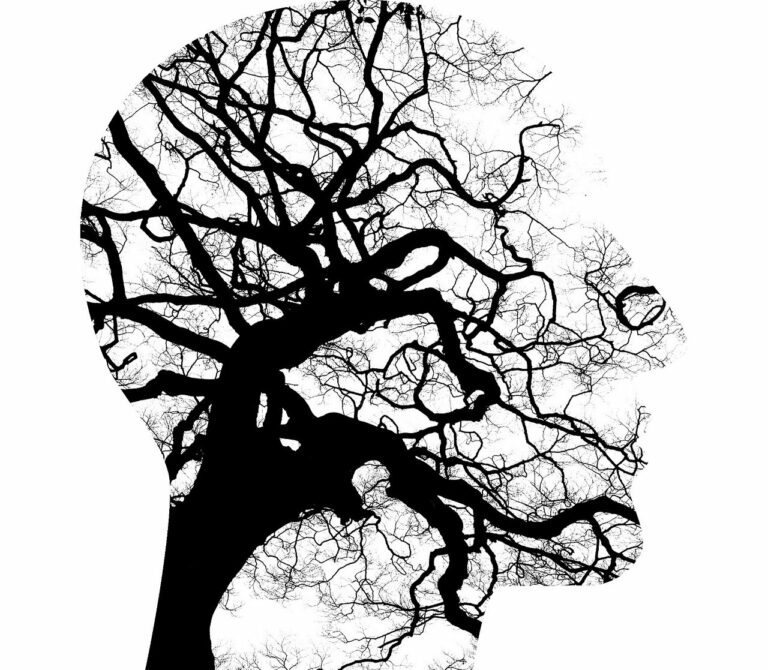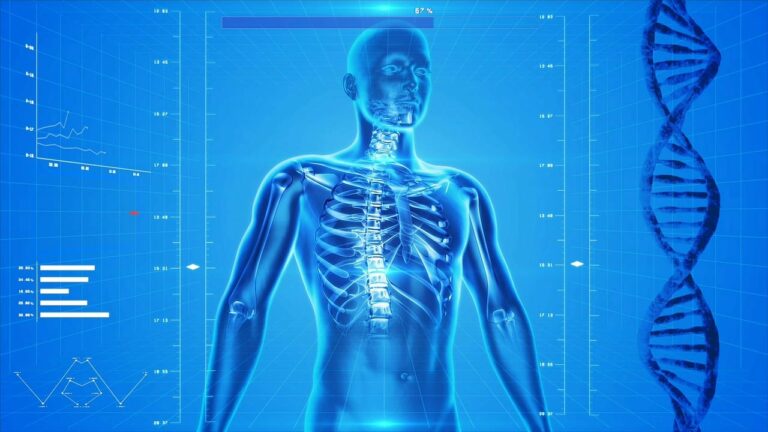Exploring the Connection Between Diet and Mental Health
Numerous studies have shown a clear link between nutrition and mental health. The food we consume not only affects our physical well-being but also plays a significant role in our mental and emotional state. A diet rich in fruits, vegetables, whole grains, and lean proteins has been associated with a reduced risk of depression, anxiety, and other mental health disorders.
On the other hand, diets high in processed foods, sugar, and unhealthy fats have been linked to an increased incidence of mental health issues. These foods can lead to inflammation in the body, including the brain, which can negatively impact mood and cognitive function. By paying attention to our dietary choices and prioritizing nutrient-dense foods, we can support our mental health and overall well-being.
• A diet rich in fruits and vegetables provides essential vitamins and minerals that support brain health
• Whole grains contain fiber that helps regulate blood sugar levels, which can impact mood stability
• Lean proteins like chicken, fish, and beans are important for neurotransmitter function, which affects mood regulation
• Processed foods high in sugar and unhealthy fats can lead to spikes in blood sugar levels, contributing to mood swings
• Inflammation caused by poor dietary choices can worsen symptoms of anxiety and depression
Understanding the Gut-Brain Connection
The gut-brain connection refers to the intricate communication pathway between the brain and the gut. This bi-directional link plays a crucial role in regulating various aspects of mental health and well-being. Research suggests that the gut microbiome, which consists of trillions of microorganisms residing in the digestive tract, can impact brain function and mood.
The gut is often referred to as the “second brain” due to its ability to influence emotions, cognition, and behavior. The gut produces neurotransmitters, such as serotonin and dopamine, which are essential for regulating mood and mental health. Disruption in the gut microbiome can lead to imbalances in these neurotransmitters, potentially contributing to conditions like depression, anxiety, and even neurological disorders.
Role of Micronutrients in Mental Well-being
Micronutrients play a crucial role in maintaining optimal mental well-being. These essential vitamins and minerals, such as vitamin D, B vitamins, zinc, magnesium, and omega-3 fatty acids, are involved in various biochemical processes that support brain function and emotional health. Deficiencies in these micronutrients have been linked to an increased risk of mental health disorders, including depression, anxiety, and cognitive decline.
Ensuring a balanced intake of micronutrients through a healthy diet or supplements can help support cognitive function, mood regulation, and overall mental well-being. It is essential to pay attention to the micronutrient content of our meals to provide the brain with the necessary building blocks for neurotransmitters and other vital functions that contribute to mental health. By incorporating nutrient-dense foods rich in these micronutrients into our daily diet, we can potentially enhance our mental resilience and emotional stability.
How does nutrition impact mental health?
Nutrition plays a crucial role in mental health as certain nutrients can impact brain function and mood regulation. Eating a balanced diet rich in fruits, vegetables, whole grains, and lean proteins can help support mental well-being.
What is the gut-brain connection?
The gut-brain connection refers to the relationship between the gastrointestinal system and the brain. Research suggests that the health of the gut microbiome can influence mental health and cognitive function.
Which micronutrients are important for mental well-being?
Several micronutrients play a key role in mental well-being, including omega-3 fatty acids, vitamin D, B vitamins, magnesium, and zinc. These nutrients are essential for brain function and mood regulation.
How can I ensure I am getting enough micronutrients for mental health?
To ensure you are getting enough micronutrients for mental health, focus on eating a varied diet that includes a wide range of nutrient-dense foods. You may also consider taking supplements if you have specific deficiencies or dietary restrictions. Consulting with a healthcare provider or registered dietitian can help create a personalized plan.






